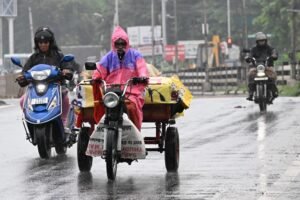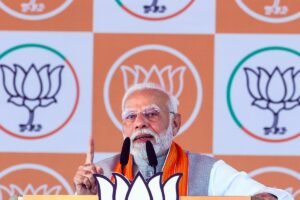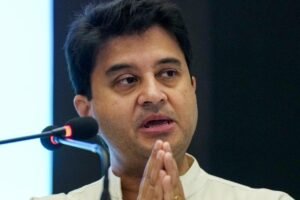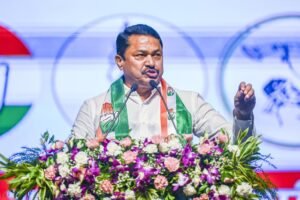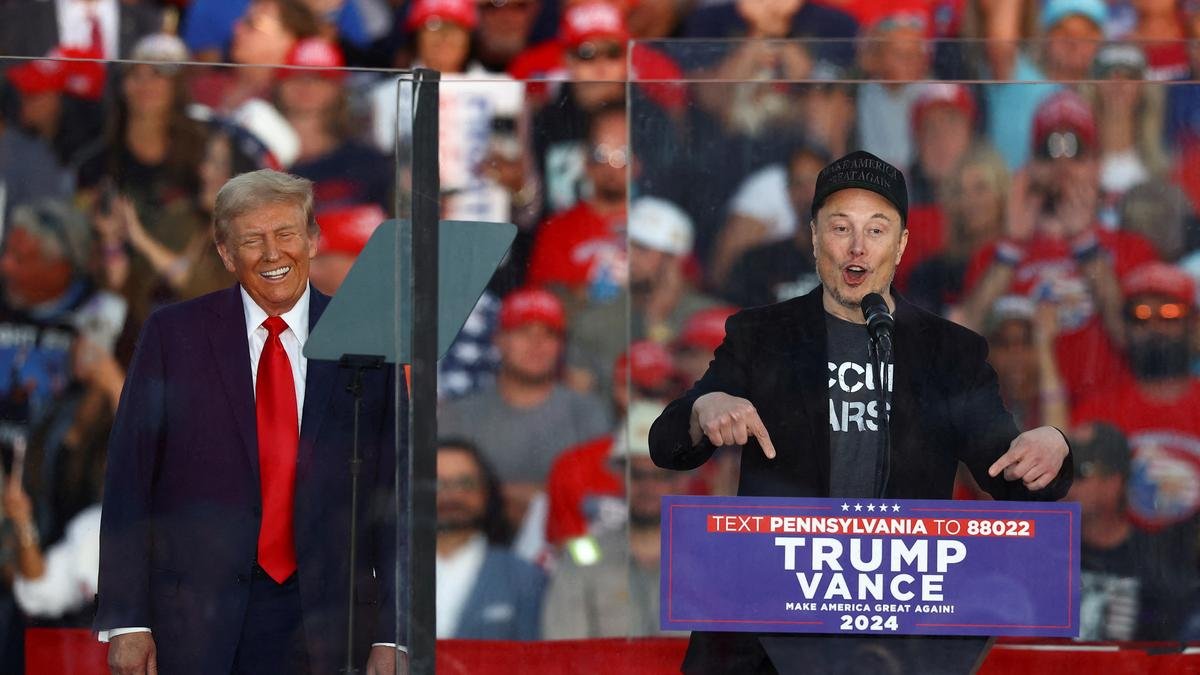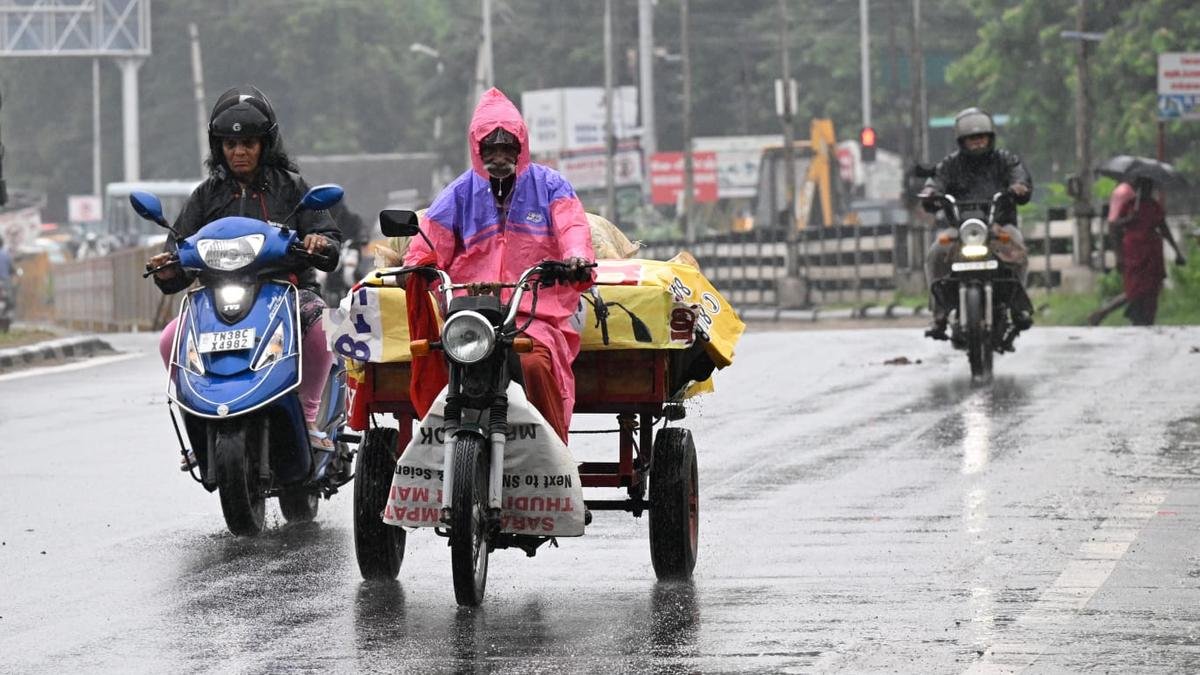Article 370 to Arvind Kejriwal bail: Justice Sanjiv Khanna’s defining judgments
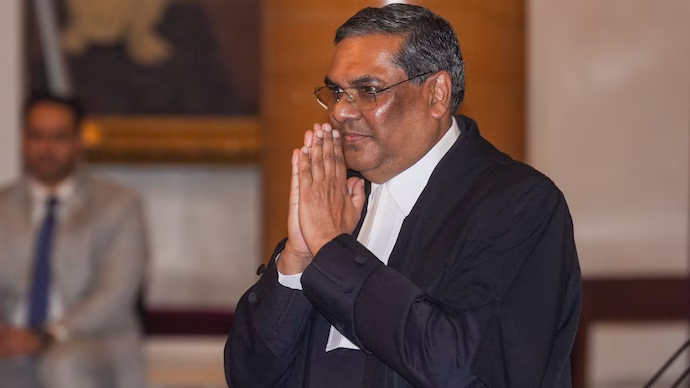
In Short
- Was part of the bench that struck down the electoral bonds scheme
- Marital rape exception in law among cases pending before top court
His six-month tenure as India’s 51st Chief Justice will be no less hectic, with critical issues like the constitutionality of sedition and marital rape pending before the Supreme Court.
Justice Khanna, from a family of lawyers, was elevated to the Supreme Court from the Delhi High Court on January 18, 2019.
He has authored over 115 judgments and is one of the few judges appointed to the top court before becoming a Chief Justice of any High Court.
He became an Additional Judge in 2005 and a permanent judge in 2006.
Justice Khanna’s first major ruling was on the applicability of the Right to Information Act (RTI) to the CJI’s office. He wrote the majority judgment, affirming that judicial independence does not conflict with the right to information.
The project includes the redevelopment of the administrative area in Lutyens’ Delhi, the power corridor of India.
He also authored the judgment on behalf of a five-judge bench that held that the Supreme Court could use its powers under the Constitution’s Article 142 to grant divorce on the ground of an “irretrievable breakdown” of marriage.
Justice Khanna was also part of the bench that upheld the abrogation of Article 370, which granted special status to the erstwhile state of Jammu and Kashmir.
In his concurring judgment, he argued that curbing black money in elections had no connection to hiding the donor’s identity.
The year 2024 has been noteworthy for Justice Khanna as he has been part of the benches that have delivered important judgements pertaining to elections, bail and personal liberty.
Justice Khanna’s Notable Cases and Upcoming Challenges
In May, the Justice Khanna-led bench granted a three-week bail to Arvind Kejriwal to campaign for the Lok Sabha polls in a one-of-its-first-kind order. Two months later, the bench granted interim bail to the AAP supremo in the ED case, noting that he “suffered incarceration for over 90 days”.
The court had set up a national task force to suggest protocols for the security of doctors and healthcare workers.



 English
English Hindi
Hindi Kannada
Kannada Malayalam
Malayalam Tamil
Tamil Telugu
Telugu
